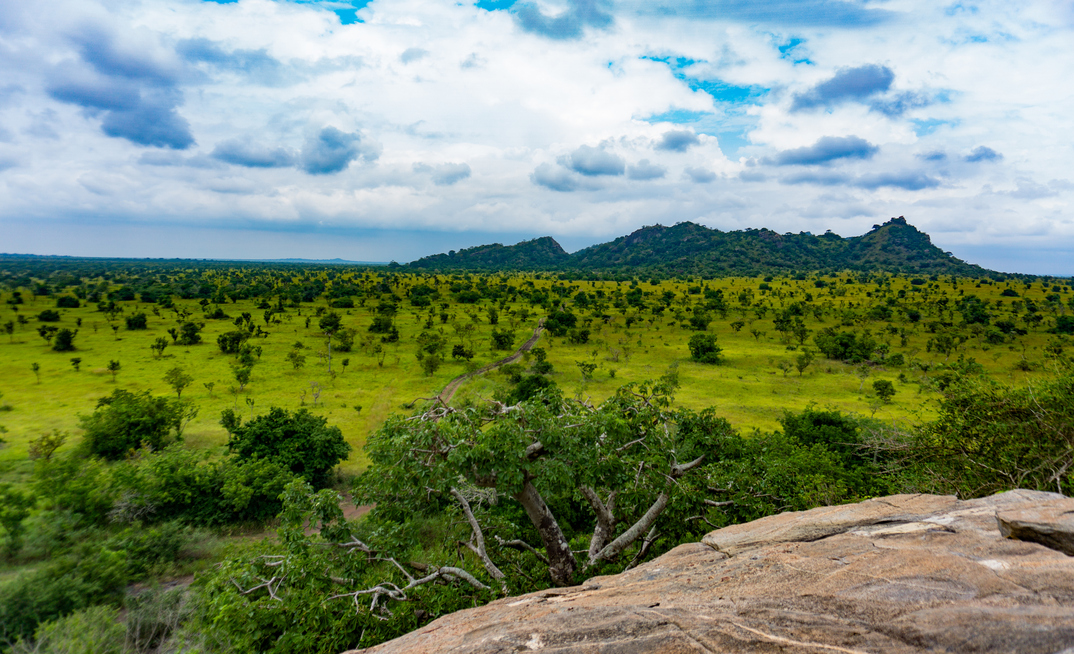Within West Africa lies one of the most exciting opportunities in precious metals mining today, a region known as the "Golden Triangle," comprised of countries such as Mali, Burkina Faso, Côte d'Ivoire, and Senegal.
The region has a long and rich history of gold mining, which dates back to the medieval period, when gold extracted here was a major source of bullion for growing societies in the Mediterranean and Islamic world.
In modern times, the surge of gold mining in the region began in the late 1980s when major gold discoveries were made in Ghana. Since then, mining activities have intensified across the area, becoming one of the fastest-growing gold producing jurisdictions in the world.
The geological conditions in West Africa create a strong foundation for successful gold mining. The region is home to ancient rock formations and greenstone belts that are known to host gold mineralisation and are similar in age and formation to those found in other major gold mining regions such as Western Australia, Canada, and South Africa. West Africa's geology is also made up of large granite batholiths and intrusive rocks, which can act as a heat source for hydrothermal fluids and contribute to the formation of gold deposits. Further, the area has significant fault zones and shear zones, which are pathways for mineralizing fluids and can lead to the formation of high-grade gold deposits.
Exploration is supported by favorable geology, a growing body of knowledge and straightforward permitting process, which along with historic artisanal mining areas, has helped support the rapid regional growth in the last 40 years. Beyond lower discovery costs, the turnaround times from discovery to production are relatively short. At the Yaramoko Mine in Burkina Faso, Roxgold, which was acquired by Fortuna in 2021, went from the first drill hole to the first pour in just five years.
It is impossible to ignore the abundance of gold deposits in West Africa, which offer the potential for large-scale, lower-cost, first-tier mining operations. Stable operating environments despite political changes in West Africa have attracted mining companies around the world to explore opportunities in the region. Governments and local communities have welcomed the mining boom, benefitting from increased local employment and the development of a skilled workforce, ultimately creating value for the countries, and ensuring local communities have stable sources of incomes. International mining companies, such as Newmont, Endeavour, Barrick Gold, B2Gold, AngloGold Ashanti and others, have been actively exploring and developing projects in the region, with several new mines expected to enter production in the coming years, including Fortuna Silver´s Séguéla Mine in Côte d'Ivoire, which poured its first gold on May 24. Also early in May, Fortuna Silver announced the acquisition Chesser Resources, whose Diamba Sud Gold Project is in the highly productive Senegal-Mali shear zone and is one of the new and emerging gold discoveries in the region. Other gold projects in the area include Pasofino Gold's Dugbe Gold Project in Liberia, Tietto Minerals' Abujar gold project, and Roscan Gold's Kandiolé project in Mali.
Due to the growth of mining in the region, governments have been implementing standards and policies to ensure gold is mined responsibly and local communities are supported. In many countries in the region, governments have established a regulated, structured system for mining and community development which enhance the relations between mines and local communities to ensure social stability. Many companies, including Fortuna Silver, are actively collaborating with governments and local communities to establish programs that support economic development, education, and healthcare. Companies active in the region need to be very cognizant of resource use and implement measures to reduce their environmental footprint, such as minimizing water usage and waste generation, rehabilitating land after mining activities, and reducing greenhouse gas emissions. In addition, artisanal and small-scale mining (ASM) is prevalent in the region and is a lifeline to many families and communities. Mining companies operating in West Africa need to work with ASM communities to learn from them and ensure operations have a minimal impact on their livelihoods. This can take the form of warranting compliance with environmental and social standards, providing support and training for reconversion to other activities, or helping small scale miners formalize their operations when aligned with national regulations and best practices. By engaging with local communities and governments, implementing sustainable practices, and building long-term partnerships, mining companies can help realise the economic benefits of mining while minimising the impact on the environment and local communities.
West Africa's Golden Triangle represents a tremendous opportunity in gold mining today, particularly due to the region's rich gold deposits and a stable mining environment, making it an attractive investment destination for mining companies worldwide. With the increasing interest of global mining companies in West Africa, the region is poised to become an even more important player in the gold mining industry.
Jorge A. Ganoza, co-founder, president, and chief executive, Fortuna Silver Mines
























